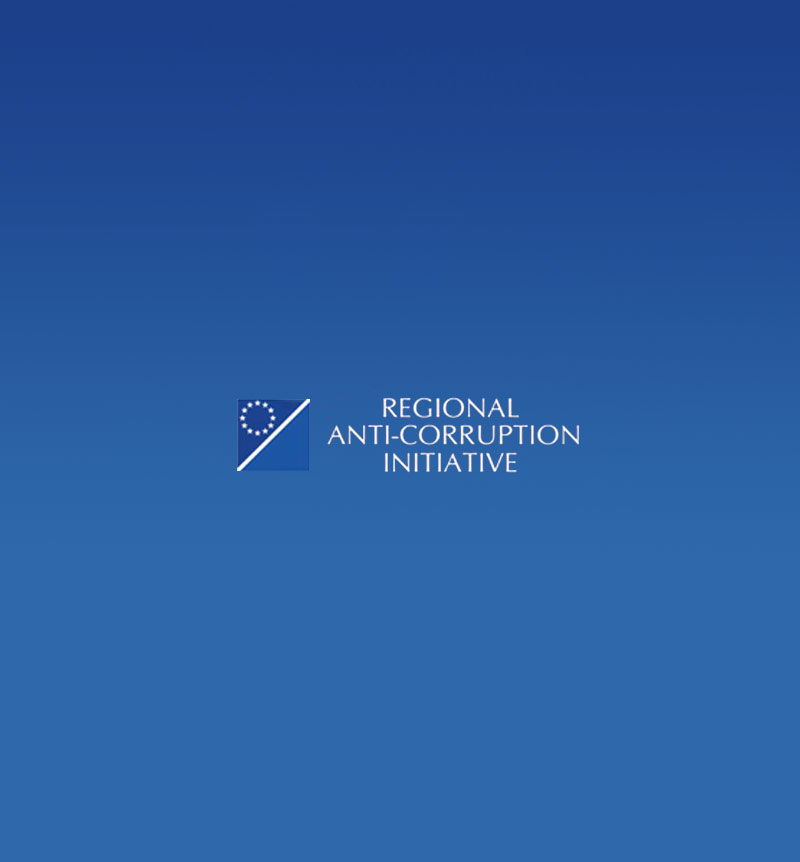- September 11, 2015
- Posted by: admin
- Category: World News
Swiss parliamentarians have voted to tighten up private corruption laws that would affect Swiss-based sports federations like FIFA as well as businesses.

On Thursday, the Senate followed the House of Representatives by agreeing to make it an automatic criminal offence for anyone to give or accept bribes. At present, Swiss courts only take on private corruption cases once they receive a complaint from a company, individual or group.
However, both chambers of parliament agreed Swiss prosecutors would only be able to automatically consider serious cases of corruption. So-called “light cases” will still require a complaint.
According to the final proposal, private corruption could be punished by a maximum three-year jail sentence. Sanctions will apply to firms, private associations and sports federations.
The proposed changes are in line with recommendations made in 2011 by the Council of Europe’s Group of States against Corruption (GRECO) to better fight private-sector graft and bribery of foreign officials.
Swiss oversight
Currently, around 65 international sport federations and organisations are based in Switzerland, such as FIFA, the world governing body of football which has its headquarters in Zurich, as well as the International Olympic Committee (IOC) and UEFA, the European governing body of football.
In recent years, moves have been made at the Swiss government level to improve oversight of sports federations. The Federal Sports Office 2012 Report on Corruption recommended a series of legal measures, which have become known as “Lex FIFA”.
As part of the “Lex FIFA” package, in December 2014, Swiss parliament voted to make leaders of sports organisations and other top sport officials based in Switzerland designated as so-called “Politically Exposed Persons” subject to corruption investigations. This law change is part of larger money laundering legislation.
In the past, Swiss lawmakers have been hesitant to tighten oversight on organisations like FIFA, which is a sizeable local employer and exerts a powerful lobby. However, it is thought recent scandals at FIFA have influenced parliament.
Critics, however, say the cabinet’s original private corruption proposal has been watered down by parliament.
“There is no reason to make exceptions to the automatic prosecution of private corruption,” railed Justice Minister Simonetta Sommaruga. “This restriction will pose application problems.”
SWI swissinfo.ch
10 September 2015



